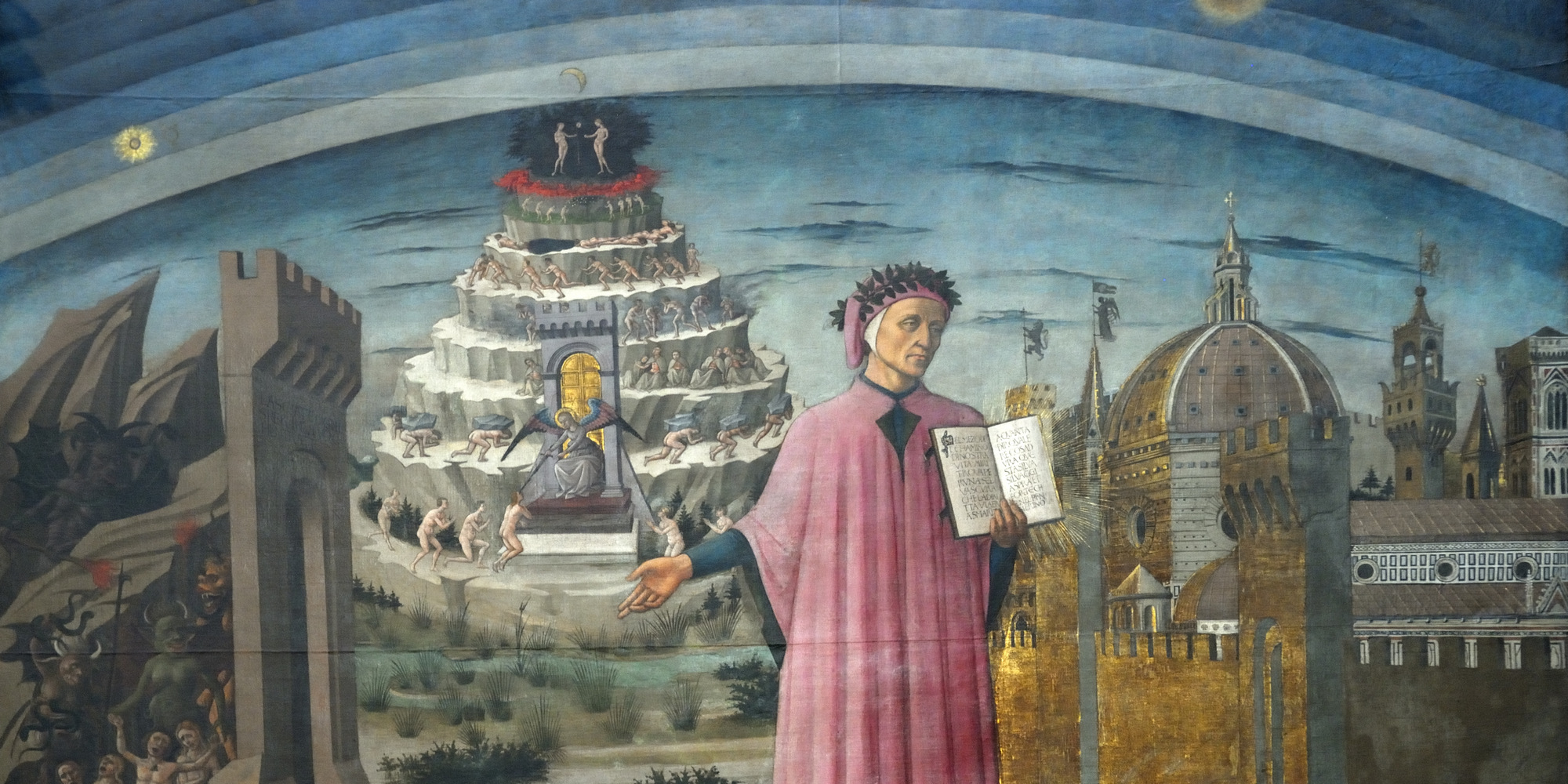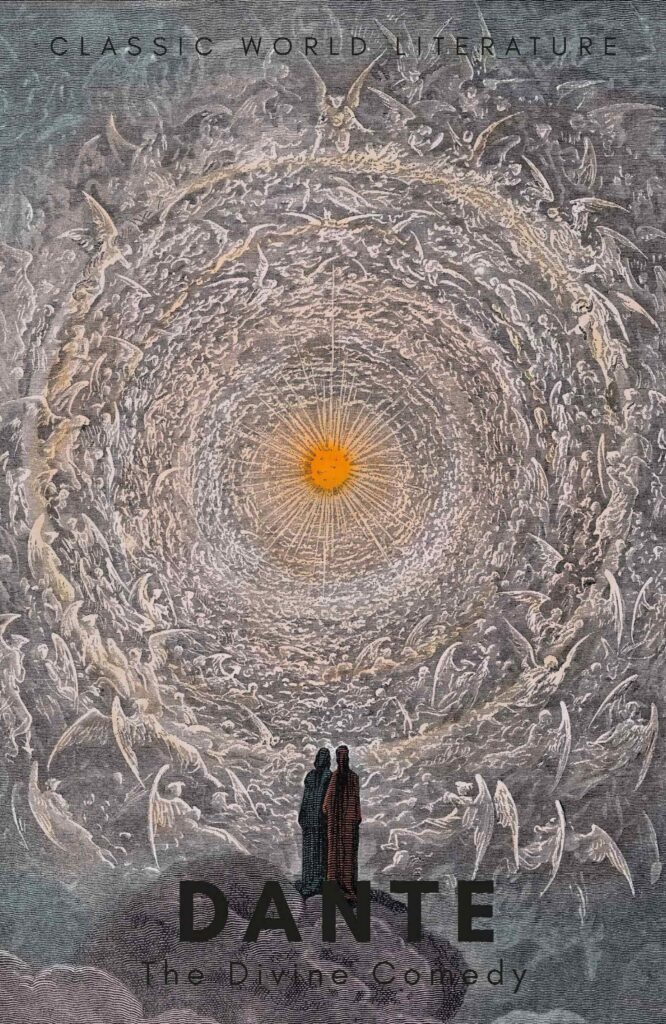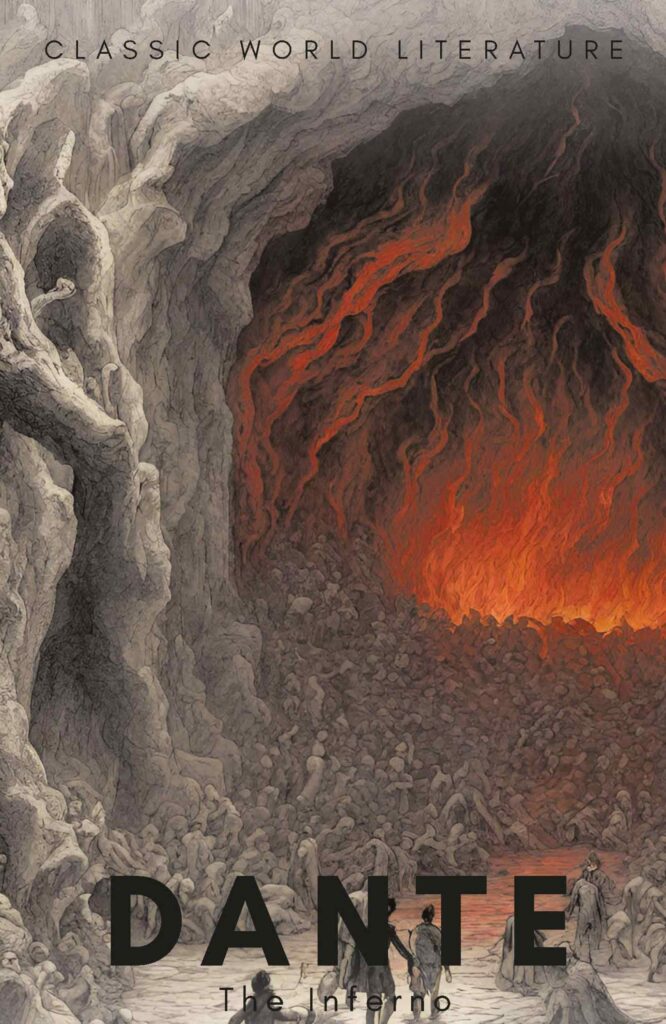
Primo Levi and Dante’s ‘Inferno’
Il Canto di Ulisse: Primo Levi’s ‘If This is a Man’ and Dante’s ‘Inferno’
“I have always lived (with involuntary interruptions) in the house where I was born; so my mode of living has not been the result of a choice. I believe that I represent an extreme case of the sedentary person, comparable to certain molluscs, for example limpets, which after a brief larval stage when they swim about freely, attach themselves to a sea-rock, secrete an outer shell and stay put for the rest of their lives”.[1] Primo Levi’s brief essay on his family house in Corso Re Umberto in Turin – house where he was born a hundred years ago today – opens with a matter-of-fact remark and an extended self-reflection articulated with the dispassionate objectivity of the scientist.
The parenthetical clarification appears to be prompted by a desire for accuracy; it might go unnoticed were it not for our knowledge that one of those “involuntary interruptions” encompassed the period between Levi’s deportation to Auschwitz on 22 February 1944 and his return to Turin on 19 October 1945, nine months after the liberation of the camp. If This is a Man, Levi’s account of his imprisonment, will be brought out by the small publishing house De Silva in 1947. Despite its good critical reception, the original sales were disappointing: only 1,500 copies from an already modest print run of 2,500. It will take until 1956 for the book to find the audience that it deserves, re-issued by Einaudi, who had rejected the manuscript a decade earlier. In 1959 the volume is translated into English, reaching readers in the UK and the USA; the French and German translations will follow in 1962. It has been never been out of print again.
If This is a Man is an essential read in both senses of the word: spare, precise, lucid, but also necessary and important. As Levi explains in the foreword, the conceptual genesis of the book can be traced back to Auschwitz, the urge to tell inherent to the experience of the concentration camp, connected to the need for “interior liberation” (15) and to the imperative to bear witness – though the very ability to offer his testimonial account marks the author as an unusual case in the story of the death camps. Of the six-hundred-and-fifty Italian Jews – or “Stücke”, i.e. “pieces”, as they were referred to by the SS – deported with Levi, only twenty-four survived. “Among the forty-five people in my wagon only four saw their homes again; and it was by far the most fortunate wagon” (23-4).[2]
Much has been made of Levi’s professional training as a chemist, which remained his life-long occupation until his retirement in 1975. It played a key role in his survival in Auschwitz, where being chosen as one of “die drei Leute vom Labor” (“the three laboratory people”) towards the end of 1944 meant access to a warm working environment and more food than for the other prisoners. Levi’s technical background is also generally seen as an influence on his writing style, so exact and controlled, and on his analytical attitude towards his subject matter. He is remarkably restrained in passing judgment. The facts speak for themselves, and readers are asked to draw their own conclusions: the book “has not been written in order to formulate new accusations; it should be able, rather, to furnish documentation for a quiet study of certain aspects of the human mind”, most notably the pernicious conviction, held deep down by some people, that “every stranger is an enemy” (15).
Consider the final paragraph of the chapter entitled ‘This Side of Good and Evil’ (an allusion to Friedrich Nietzsche’s attack on traditional morality in Beyond Good and Evil): “We now invite the reader to contemplate the possible meaning in the Lager of the words ‘good’ and ‘evil’, ‘just’ and ‘unjust’; let everybody judge, on the basis of the picture outlined and of the examples given above, how much of our ordinary moral world could survive on this side of the barbed wire” (93). In the following chapter, ‘The Drowned and the Saved’, Levi goes on to set out the two fundamental categories into which human beings can be properly divided, since “other pairs of opposites (the good and the bad, the wise and the foolish, the cowards and the courageous, the unlucky and the fortunate) are considerably less distinct, they seem less essential, and above all they allow for more numerous and complex intermediary gradations” (93-4) than the stark distinction between those who make it and those who don’t. It’s important to note that these two groups are not envisioned as part of a providential plan, or the recipients (or otherwise) of divine grace, notwithstanding the reference to salvation.
The word “saved” is used in pure factual terms, as a matter of physical survival, made particularly pressing and arduous in a place where “the struggle for life is reduced to its primordial mechanism” (94). Levi’s clear-eyed rejection of the rhetoric of predestination and deliverance, in a religious and secular context alike, is tied in with the realization that arbitrariness is the one principle at work in the concentration camps: “hier ist kein warum (there is no why here)” (35) is the reply that Levi gets from a fellow prisoner, more well-versed in the ways of the Lager, to a question about the reason for his small act of gratuitous cruelty.
The grotesque lack of logic of the concentration camp is almost subliminally highlighted by the many textual allusions to The Divine Comedy, a vision of the afterlife as witnessed by Dante Alighieri (1265 – 1321) in the course of his miraculous journey of discovery of God’s eternal justice, travelling through Hell, Purgatory and Heaven. Dante’s Hell is therefore governed by the rule of contrappasso: a manifestation of divine wisdom, rationality and fairness, it loosely translates as “counterpoise” (H. W. Longfellow) or “retribution” (H. F. Cary), whereby the punishments imposed on the damned are connected, either in similarity or opposition, with the unforgivable sins of which they were guilty of in life. Levi’s infernal concentration camp, by contrast, is geared towards the systematic dehumanization of people, before their physical annihilation: “the demolition of a man” (32) is effected also through sanctioning the absurd, the senseless, the incongruous, the petty.
Like Dante, Levi resorts to the trope of the journey; unlike Dante, who will eventually ascend to see the glory of God, Levi traces an exclusively downward trajectory, as befits the exploration of the first of the three otherworldly realms.[3] If This is a Man begins with an account of the prisoners’ transportation to Auschwitz, “goods wagons closed from the outside, with men, women and children pressed together without pity, like cheap merchandise, for a journey towards nothingness, a journey down there, towards the bottom” (23). On their arrival, they are approached by one of the German guards who, instead of “shouting threats of damnation”, asks them “courteously” (27) whether they have any money or watches to give him.
Levi calls this soldier “our Charon” (27), after the ferryman who carries the souls of the dead across the river Acheron into Hades, a figure co-opted by Dante from ancient Greek mythology to perform a similar function in Inferno. The German guard is but a bathetic version of Dante’s awe-inspiring reinvention, who greets the damned with the terrifying admonition: “Woe to you wicked spirits! hope not / Ever to see the sky again. I come / To take you to the other shore across / Into eternal darkness” (Inferno, Canto III, 78-81). The second chapter of If This is a Man, ‘On the Bottom’, opens with another warped reference to Canto III of Inferno: the sign above the large door of the camp reads “ARBEIT MACHT FREI” (work gives freedom, 28). This haunting detail brings to mind the inscription on the gates to Hell, whose renowned final line has long shed its Dantesque origins to take on a proverbial resonance: “Abandon hope all ye who enter here” (III, 9).
[Pictured right: ‘Charon, demoniac form, With eyes of burning coal, collects them all, Beck’ning, and each, that lingers, with his oar Strikes. (III, 109-111)]
Levi’s reliance on these canonical textual echoes is measured: he resorts to the metaphor of Hell without mythologizing or aestheticizing the abject horror of the experience of the Holocaust, without letting the literary images subsume the unspeakable reality of the concentration camp. “This is hell. Today, in our times, hell must be like this. A huge, empty room: we are tired, standing on our feet, with a tap which drips while we cannot drink the water […] We are not dead” (28), Levi remarks as if to underscore the fact that this place is nothing like Dante’s grandiose, monstrous creation, though we instinctively reach for the comparison in the absence of any adequate words.
Levi’s considered engagement with The Divine Comedy – a classic ingrained in the cultural DNA of every Italian with a modicum of literary education – reaches its high point in chapter 11, entitled ‘The Canto of Ulysses’ after one of the most celebrated passages of Dante’s epic poem. We are in the eight bolgia (trench) of the eighth circle of Hell, where fraudulent counsellors are enveloped in tongues of fire. Sharing a “horned flame” (XXVI, 68) are Ulysses and Diomede, punished together for the very feats of ingenuity which led to the Greek conquest of Troy: the famous stratagem of the wooden horse, but also the wily recruitment of Achilles to the war effort and the theft of the Palladium.[4]
At the heart of the canto, however, is Ulysses’s narration of his final enterprise, well after his return home to Ithaca where, he admits, no familial affections “Could overcome in me the zeal I had / T’ explore the world, and search the ways of life, / Man’s evil and his virtue” (XXVI, 97-99). Now “[t]ardy with age” (XXVI, 106), Ulysses sets off with his most loyal companions on a mission to cross the earth’s boundaries; his passionate exhortation to steer the ship beyond the pillars of Hercules plunges him and his entire crew to their death: “And over our heads the hollow seas closed up” (XXVI, 152).[5] Against this display of intellectual pride, Ulysses’s earlier deceptions pale in their gravity as capital sins. Although Dante is forced to condemn him in the light of Christian doctrine, his admiration for the Greek hero is crystal clear – not least because Dante knows a thing or two about overreaching.
From the moment he begins his story, Ulysses speaks, uninterrupted, for the remainder of the canto in verses of supreme eloquence and depth about how the spark of intellectual curiosity makes us human. Rather than narcissistically hubristic, his rousing speech to his sailors is a compelling invitation to all humankind to live up to their status as creatures made in God’s image: “Call to mind from whence we sprang: / Ye were not form’d to live the life of brutes / but virtue to purse and knowledge high” (XXVI, 118-20). It is a defiantly anthropocentric view, of course, and a masculinist one too, since “virtue”, as the original Italian “virtute”, comes from “vir”, the Latin for “man”.[6]
But it is the “fatti non foste a viver come bruti” of line 119 – one of the most perfect sequences of eleven syllables in the Italian language – that takes on a whole new resonance in the context of the concentration camp. “Who knows how or why it comes to my mind” (118), says Levi of the canto of Ulysses. His readers understand why. He is with an Alsatian student called Jean, who has risen to the role of Pikolo, the “messenger-clerk” (115), of their Kommando. Amongst the privileges of the position is the task of fetching the big vat of daily soup from the kitchens; on the morning in question, Pikolo chooses Primo to accompany him on the long walk there and back.
In conversation, the two men reclaim their common humanity: “We spoke of our houses, of Strasbourg and Turin, of the books we had read, of what we had studied, of our mothers: how all mothers resemble each other!” (117). Pikolo asks Primo to teach him Italian, picking up words he hears him exchange with a prisoner from Rome: soup, field, water. It’s at this point that Primo turns to The Divine Comedy. The impromptu language lesson turns into something else altogether: an urgent attempt to communicate something impossibly profound, hard to translate – nay, to put into words – as fleeting as it is meaningful.
While struggling to recall the exact lines of the canto, to explain the medieval theological foundations of Dante’s view of the afterlife, to gloss his own clumsy translation (“how sad, I have to tell it in prose – a sacrilege!”, 119), Primo is touched by Ulysses’s plight like never before. Pikolo gives him his full attention; he asks Primo to repeat that crucial tercet: “Call to mind from whence we sprang: / Ye were not form’d to live the life of brutes / but virtue to purse and knowledge high”. He might be acting out of compassion or perhaps, hopes Primo, “he has received the message, he has felt that it has to do with him, that it has to do with all men who toil, and with us in particular; and that it has to do with us two, who dare to reason of these things with the poles for the soup on our shoulders” (120).
Then suddenly, even as Primo seems to come close to some kind of epiphany, quick as it had come, this moment of respite passes, and the two men join the queue for the soup:
“‘Kraut und Rüben? Kraut und Rüben.’ The official announcement is made that the soup today is of cabbages and turnips: ‘Choux et navets. Kaposzta és répak.
‘And over our heads the hollow seas closed up’” (121).
Dr Stefania Ciocia is a Reader in Modern and Contemporary Literature at Canterbury Christ Church University. You can find her on Twitter as Gained in Translation @StefaniaCiocia.
[1] Primo Levi, Other People’s Trades, Trans. Raymond Rosenthal, London: Abacus Books, 1989, p.1. First published in Italian in 1985, the volume is a collection of articles which had originally appeared in newspapers and magazines, most notably in the Turin daily La Stampa.
[2] Primo Levi, If This is a Man, Trans. Stuart Woolf, London: Abacus Books, 1987. All subsequent references are to this edition.
[3] According to medieval cosmology, Hell is a conical chasm spiralling down, underneath Jerusalem, towards the centre of the Earth. It is divided into nine concentric circles, each reserved to a different group of sinners. The severity of their transgressions – and of the attendant punishment – increases the closer we get to the bottom, where Lucifer gnaws for eternity Brutus and Cassius (Caesar’s assassins, therefore the supreme traitors of secular power) and, even more viciously, Judas, the apostle who betrayed Christ.
[4] Prompted by his mother Thetis, who didn’t want him to leave for Troy, Achilles had been hiding in Skyros, at the court of Lycodemes, disguised as one of the king’s daughters. Odysseus (the Greek name for Ulysses) unmasked the young warrior by tricking him into thinking that the court was under attack: amongst the more feminine gifts that Odysseus had presented to the princesses, Achilles immediately picked up a weapon to defend himself, thus giving his identity away. Together with Diomede, Odysseus managed to steal the effigy of Pallas Athena from Troy; according to legend, the city wouldn’t fall so long as the Palladium remained within its walls.
[5] Ulysses’s final journey in Dante, who had not read the original Homeric text, departs from what we are told in the Odyssey, where in Book XI Tiresias prophesises that Odysseus will die far from the sea. See also Mia Forbes’s excellent blog on the Odyssey.
[6] In other English versions of these lines, “virtute” is sometimes translated as “excellence” or “manliness”; the original meaning combines the two.
Books associated with this article

The Divine Comedy
Dante Alighieri
